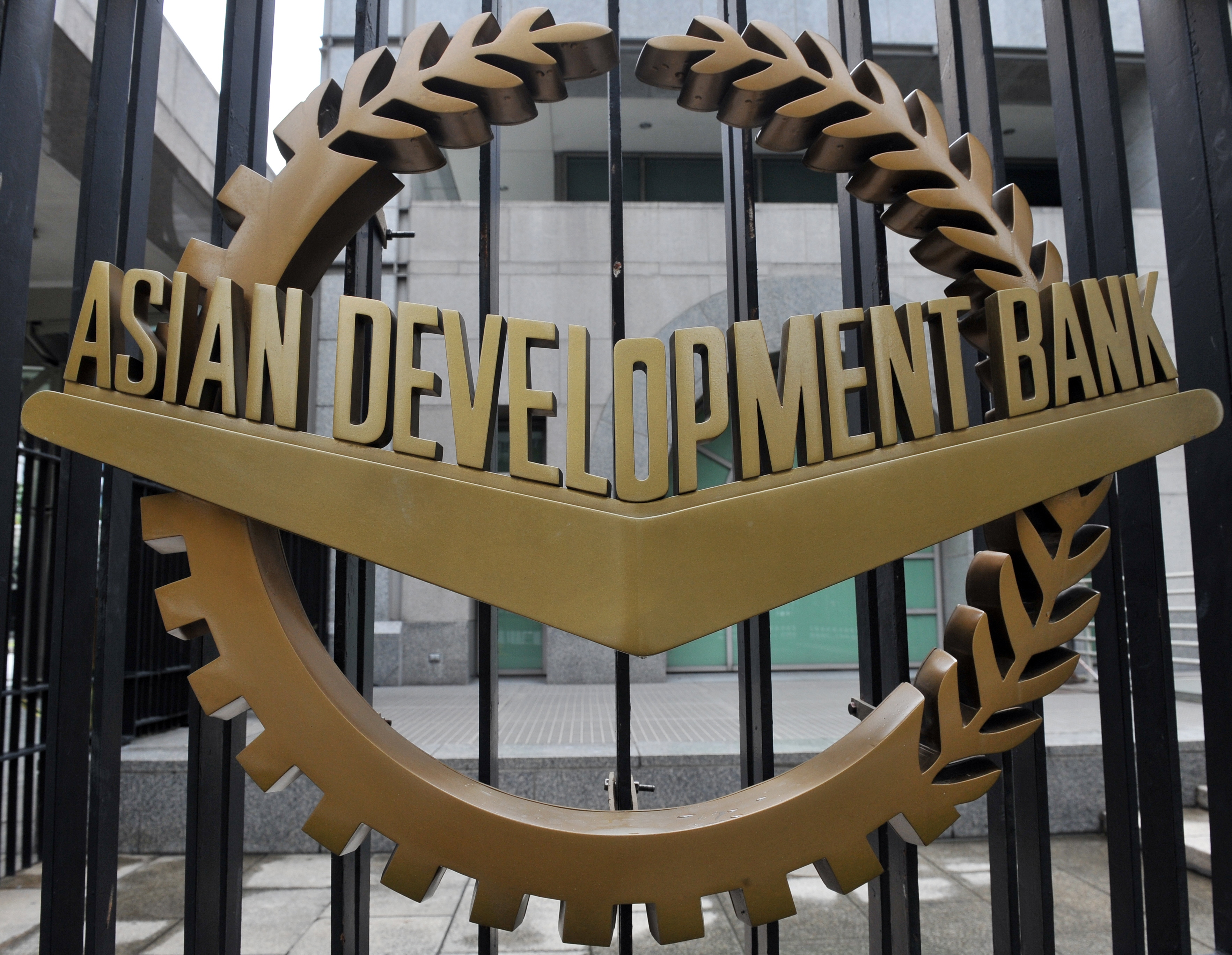MANILA, Philippines — Poor infrastructure and the lack of cold storage facilities in the countryside would slow down the Philippines’ vaccination program, which targets to inoculate the entire population by 2023, the Asian Development Bank (ADB) said Tuesday.
Citing earlier projections from the Economist Intelligence Unit (EIU), ADB said in a report that it would take the Philippines up to the fourth quarter of 2023 to finish vaccinating the rest of its population after prioritizing vulnerable groups.
Compared to other Asean countries, vaccination rollout in the Philippines would lag behind Singapore’s plan to finish inoculation by the fourth quarter of this year, Vietnam’s by the second quarter of next year, Brunei Darussalam and Thailand in the third quarter of 2022, Malaysia in the second quarter of 2023, and Indonesia by the third quarter of 2023.
The Philippines’ timetable to vaccinate the entire population was the same as in Bangladesh, Nepal, Samoa, and Tonga.

A picture shows the logo of the Asian Development Bank (ADB) displayed outside its headquarters in Manila on September 2, 2010. AFP FILE PHOTO/TED ALJIBE
Poorer Southeast Asian countries like Cambodia, Laos, Myanmar, and Timor-Leste may take up to 2024 or beyond to vaccinate all of their respective populations.
“In the Philippines, it is difficult to access rural and remote communities due to unpredictable weather, security concerns, and poor infrastructure. Inadequate provision of transportation has seen health care workers resort to hiring private motorcycles and pump boats to deliver and administer vaccines,” the ADB brief titled “Getting Ready for the COVID-19 Vaccine Rollout” read.
“Refrigerators in health centers in rural areas are subject to intermittent power supply with no backup power source. Vaccine wastage also occurs owing to a lack of skilled personnel,” it added.
Citing 2020 data by logistics firm DHL, ADB said cold chain logistics in the Philippines scored four out of five as the highest score in terms of preparedness for facilities that required conventional temperature requirements or about 2-8 degrees Celsius, which AstraZeneca vaccines, for instance, needed as storage temperature.
But in case vaccines needed stringent temperature requirements of as low as negative 80 degrees Celsius, cold chain facilities in the Philippines scored only two out of five. Pfizer vaccines, in particular, need to be stored at as low as negative 70 degrees Celsius.
In an earlier report, ADB said the Philippines faced constraints in vaccine financing as “the government estimates that P82.5 billion (about $1.7 billion) will be required to provide vaccines to approximately 55 percent of the country’s population—still short of its plan to vaccinate all Filipinos by 2023.”
Citing the vaccine allocation plan prepared by the Department of Health (DOH), ADB had said the Philippine government targeted to vaccinate 25.35 million Filipinos in 2021, 44.63 million in 2022, and 41.77 million in 2023 since by that time the Philippines would have a total population of 112.89 million.
To help buy vaccines, ADB earlier realigned $25 million out of its $125-million health system enhancement to address and limit (Heal) COVID-19 project loan extended in August last year so the Philippines can settle $50 million in advance payments in January this year for six vaccine supply agreements.
In all, the Department of Budget and Management (DBM) last December released to DOH P2.76 billion or $55 million from two earlier loans renegotiated with the ADB and the World Bank.
Together with the Asian Infrastructure Investment Bank (AIIB), which would chip-in $300 million, the ADB’s $400-million contribution to the second health system enhancement to address and limit Covid-19 (Heal 2) will finance the bulk of the $764.17-million project cost mainly to procure Covid-19 vaccines, the Inquirer reported last week.
Together with the forthcoming World Bank loan amounting to $500 million, the three multilateral lenders would inject a total of $1.2 billion into the Philippines’ nationwide vaccination program upon approval by their respective boards all expected in March.
#realestateblogph | #realestateblogphpropertynews | #REBPH | #realestate | #ADB | #infrastructure | #covid19 | #vaccination
Article and Photo originally posted by Inquirer last February 23, 2021 3:44pm and written by Ben O. de Vera.








More Stories
Lamudi’s Property Fair Opens in Metro Manila May 3, Heads to Cebu in August
PHL to attract int’l real estate investors, occupiers — Cushman & Wakefield
Expansions, upgrades fuel Manila office market